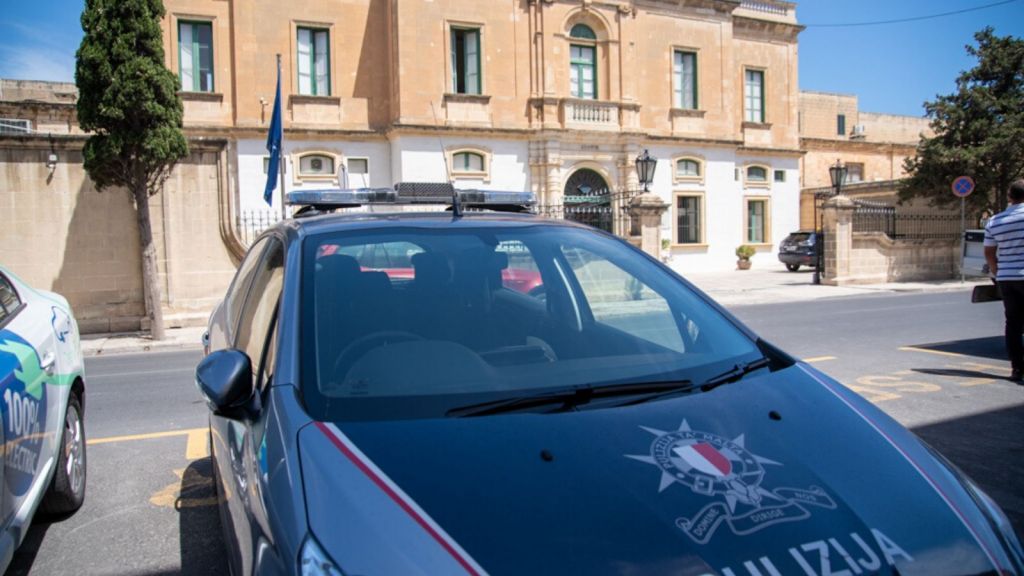Malta Unveils Radical Judicial Reforms: President Will Appoint Judges, Police Will No Longer Prosecute

Malta has unveiled a widespread package of constitutional reforms which will grant more powers to the President of the Republic and the judiciary and which will eventually see the police prosecuting cases.
“This is an important day in the evolution of Maltese democracy, in which we will enhance our system of checks and balances,” Prime Minister Robert Abela said. “The draft laws are being finalised and will soon be presented to Parliament.”
Justice Minister Edward Zammit Lewis said these will be the most significant judicial reforms since Malta became a Republic in 1974 and amended its Constitution in 1987 following a political crisis.
This is what the reforms will mean for Malta:

• George Vella’s successor as President of the Republic will not be chosen by the government but by Parliament, with a two-thirds majority of MPs needed to confirm them. A President can be removed by the same criteria that current list for the impeachment of the judges and magistrates.
• The President of the Republic will get to appoint judges and magistrates. People interested in joining the judiciary will apply at the Judicial Appointments Committee, whose structure will be revised to ensure that four out of seven of its members will be judges and magistrates. The committee will then send the President a report shortlisting three candidates, and the President will choose one of them and publish the names of the other two.
• Impeachment of judges will no longer be the responsibility of Parliament but of the Commission for the Administration of Justice. Appeals can be filed at the Constitutional Court.
•The Chief Justice will no longer be appointed by government but by Parliament, with a two-thirds majority necessary. This process was recently applied when Mark Chetcuti was appointed Chief Justice but will now be enshrined into law.

• Parliament will get to debate the Ombudsman’s annual report.
• The Permeant Commission Against Corruption will no longer send reports which flag corrupt practices to the government but straight to the Attorney General.
• The Attorney General’s administrative capacity will be enhanced to ensure he will gradually be in charge of all prosecutions, something which is currently the responsibility of the police. This move is expected to free up police time, allowing them to focus completely on investigations.
• The Principal Permanent Secretary will no longer be appointed by the Prime Minister but by the President, following recommendations made by the Public Service Commission.
• Clear regulations will be implemented for the appointment of persons of trust, limiting the engagement of consultants to Ministers or Parliamentary Secretaries and the number of staff in their secretariats.